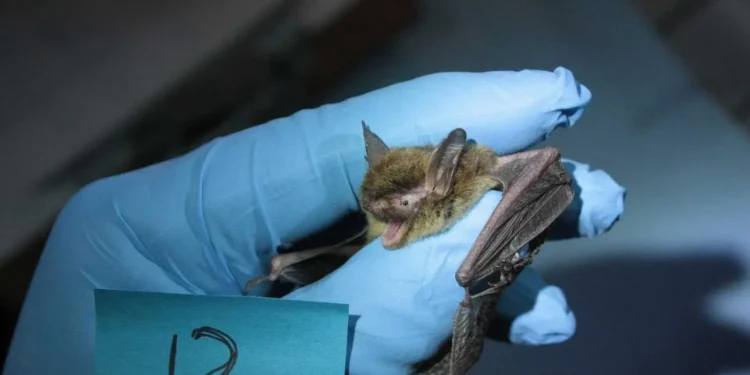Seattle & King County issued an urgent warning after a bat found Tuesday on Boyer Avenue East near Washington Park Arboretum tested positive for rabies, potentially exposing unknown individuals to the fatal disease.
The bat was discovered at 1726 Boyer Avenue East after a resident found a note indicating two unidentified people had provided water to the sick animal. An animal control agency euthanized the bat the following day, with Thursday testing confirming rabies infection.
Health officials are seeking anyone who may have contacted the bat, as rabies is almost always fatal once symptoms develop but can be treated effectively if caught early. The two individuals who gave the bat water have not been identified, and no other exposures are currently known.
“Contact includes touching a bat, being bitten, scratched, or any other bare skin contact with a bat or its saliva,” said Elysia Gonzales, Medical Epidemiologist at Public Health – Seattle & King County.
Anyone with potential exposure should seek immediate medical evaluation or call Public Health at 206-296-4774 to determine if preventive rabies treatment is necessary. Time is critical for effective intervention before symptom onset.
Pet owners whose animals may have encountered the bat should contact veterinarians immediately, even if pets have current rabies vaccinations. Exposed animals require revaccination regardless of vaccination status.
The incident highlights the importance of avoiding direct contact with bats, particularly those appearing sick or behaving unusually. Public health officials recommend calling animal control rather than attempting to help bats found outdoors.
For bats discovered indoors, residents should contact Public Health at 206-296-4774 to discuss testing requirements. If bats haven’t contacted people or pets, opening windows allows natural departure while closing doors to other areas and keeping pets away.
Bats requiring capture for testing should be handled with shovels or gloves and placed in boxes rather than discarded. Direct contact situations or cases where people wake up with bats in sleeping areas necessitate testing.
The Washington Park Arboretum area attracts numerous visitors and residents, making the rabies discovery particularly concerning for public health surveillance. Rabies in bats represents the primary wildlife rabies reservoir in Washington state.
Public health officials emphasize that rabies prevention relies on avoiding bat contact and seeking immediate medical attention when exposure occurs. The disease’s nearly 100% fatality rate after symptom development makes prevention the only effective strategy.
Residents can find additional information about safe bat handling and avoidance strategies at kingcounty.gov/bats, which provides comprehensive guidance for bat encounters in residential settings.







